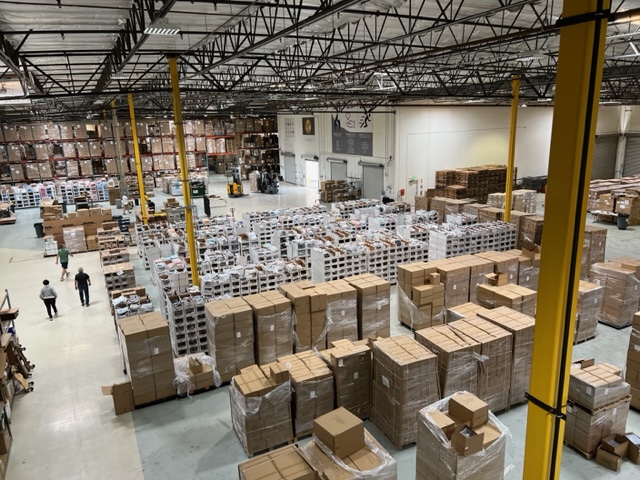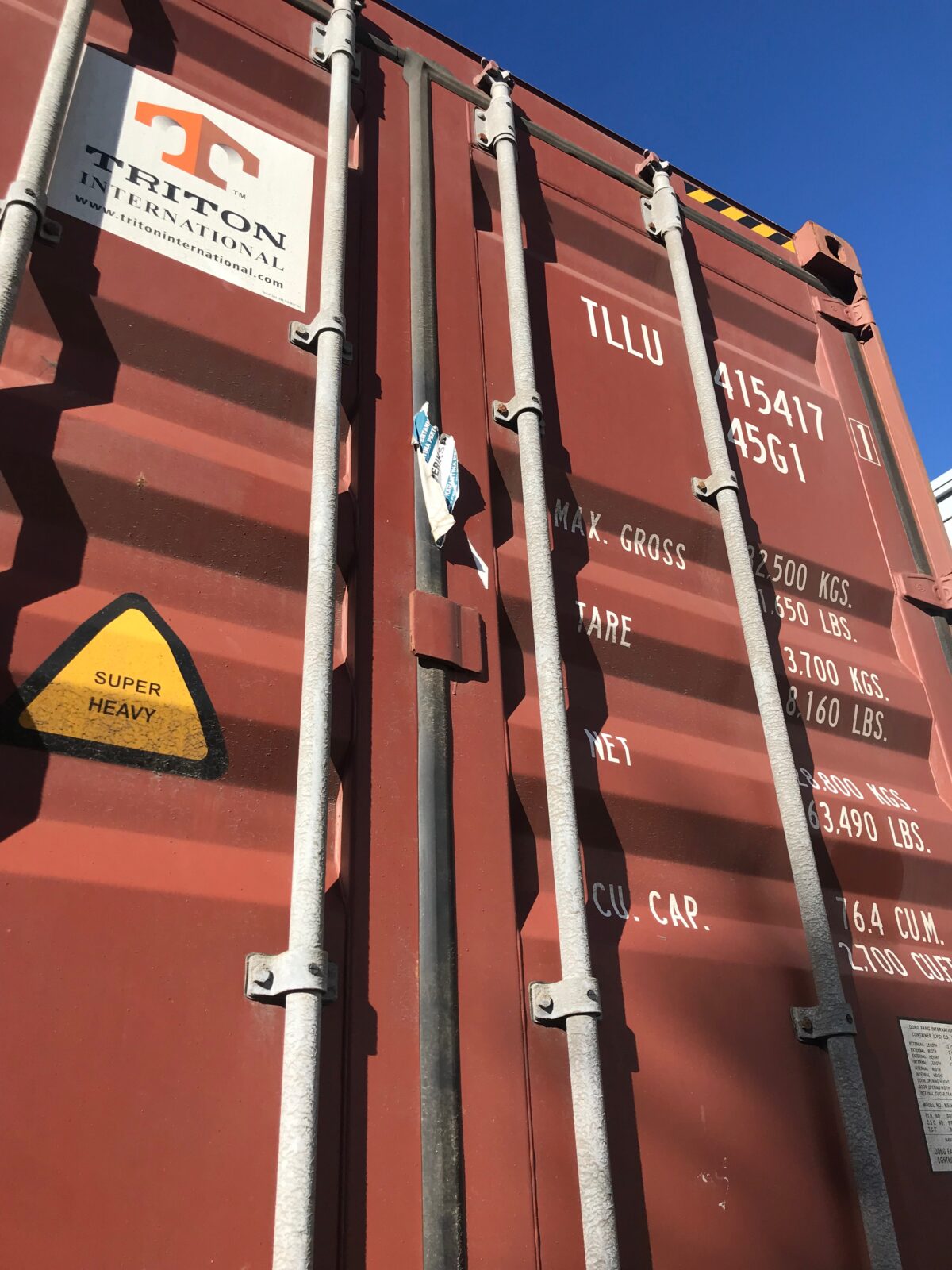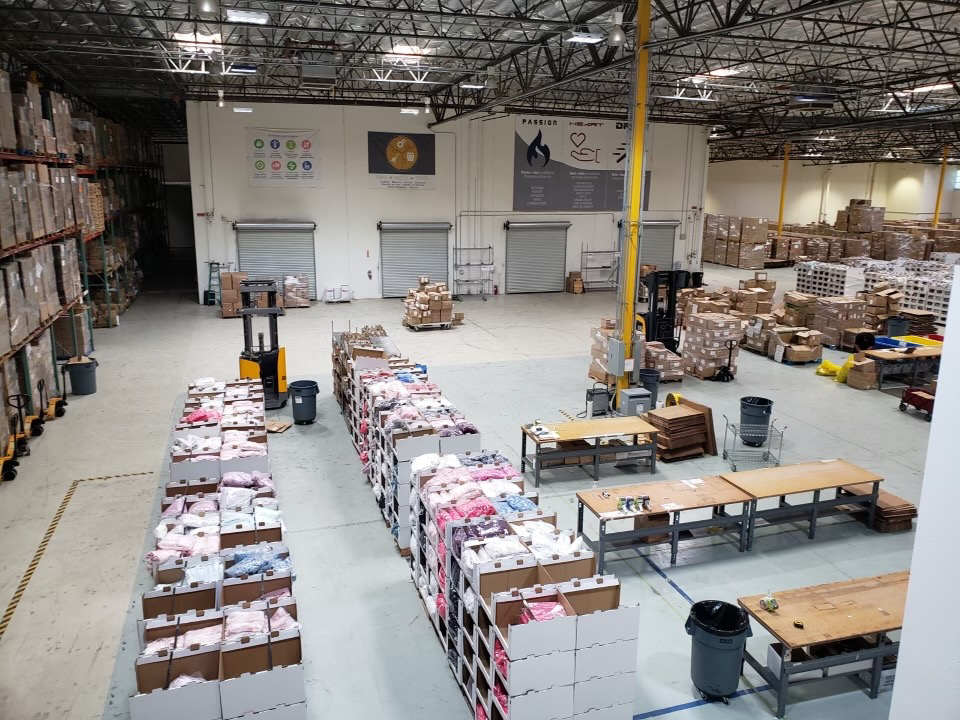So, you’ve finally decided to pass the baton of your storage and distribution operations to someone else. Congrats! But hold up, now comes the tough part – finding the perfect third-party logistics (3PL) provider for your business. It’s like finding a needle in a haystack, but with more trucks and warehouses involved. Good luck, my friend!
As businesses grow, managing logistics becomes a more complex task. Outsourcing logistics to third-party logistics (3PL) providers can alleviate this burden. However, not all 3PL providers are created equal, and selecting the right one requires careful evaluation. This article will provide a step-by-step guide to evaluating 3PL providers and ensuring they meet your business’s unique needs.
Benefits of working with 3PL
A 3PL provider is a third-party logistics provider that offers logistics services to businesses. These services can include transportation, warehousing, order fulfillment, and other logistics-related services. 3PL providers can help businesses streamline their logistics operations, improve efficiency, and reduce costs.
Working with a 3PL provider offers several benefits, including:
- Expertise: 3PL providers specialize in logistics and have the expertise to manage logistics operations effectively.
- Cost savings: Outsourcing logistics to a 3PL provider can be more cost-effective than managing it in-house, as 3PL providers can leverage economies of scale to reduce costs.
- Scalability: 3PL providers can scale their services up or down as a business’s needs change, making them an ideal solution for businesses that experience seasonal or fluctuating demand.
- Focus: Outsourcing logistics to a 3PL provider allows businesses to focus on their core competencies and strategic goals rather than logistics management.
Factors to Consider When Evaluating a 3PL Provider
When evaluating 3PL providers, several factors should be considered to ensure they meet your business’s unique needs. These factors include:
Experience and Reputation
The experience and reputation of a 3PL provider are crucial factors to consider. Look for providers that have a track record of success in your industry and can provide references. Additionally, consider their experience in managing logistics operations similar to yours.
Services Offered
Not all 3PL providers offer the same services. Consider the services you need and ensure the 3PL provider can provide them. Additionally, consider their flexibility in providing customized solutions to meet your specific needs.
Technology and Infrastructure
Technology and infrastructure are critical to effective logistics management. Consider the technology and systems the 3PL provider uses and ensure they are compatible with your own. Additionally, consider the provider’s facilities and infrastructure, including warehouses, transportation networks, and IT systems.
Communication and Collaboration
Effective communication and collaboration are essential to successful logistics management. Consider the provider’s communication channels and protocols, and ensure they have a dedicated point of contact for your business. Additionally, consider their ability to work collaboratively with your team and provide regular updates on logistics operations.
Cost and Flexibility
Cost is an important factor when evaluating 3PL providers. Consider the provider’s pricing structure and ensure it is transparent and flexible enough to accommodate your business’s changing needs. Additionally, consider the provider’s ability to scale services up or down as your business evolves.
Questions to Ask When Evaluating a 3PL Provider
To ensure the 3PL provider you choose meets your business’s unique needs, ask the following questions:
Can you provide References?
A reputable 3PL provider should be able to provide references from satisfied customers. Contact these references to get a sense of the provider’s track record of success and ability to meet their customers’ unique needs.
What experience do you have in my industry?
Choose a 3PL provider that has experience in managing logistics operations similar to yours. This experience will ensure the provider understands your business’s unique needs and can provide customized solutions to meet them.
How Do You Handle Special Requirements or Unforeseen Issues?
Logistics operations can be unpredictable, and unforeseen issues can arise. Ask the provider how they handle special requirements or unexpected issues to ensure they have a contingency plan in place.
How do you ensure data security?
Data security is critical when outsourcing logistics operations. Ask the provider how they ensure data security and what protocols they have in place to protect sensitive information.
How do you handle disputes or conflicts?
Disputes or conflicts can arise in any business relationship. Ask the provider how they handle disputes or conflicts to ensure they have a fair and transparent process for resolving any issues that may arise.
Wrapping up
Outsourcing logistics operations to a 3PL provider can be an excellent solution for businesses looking to streamline their logistics operations, reduce costs, and improve efficiency. However, selecting the right 3PL provider requires careful evaluation of factors such as experience, services offered, technology and infrastructure, communication and collaboration, cost, and flexibility. By asking the right questions and carefully considering these factors, businesses can find a 3PL provider that meets their unique needs.
Do you want more information about the benefits of working with 3PL? Email gary@shipdepot.com or call us at 818-510-1499. Let’s talk about your third-party logistics needs.



